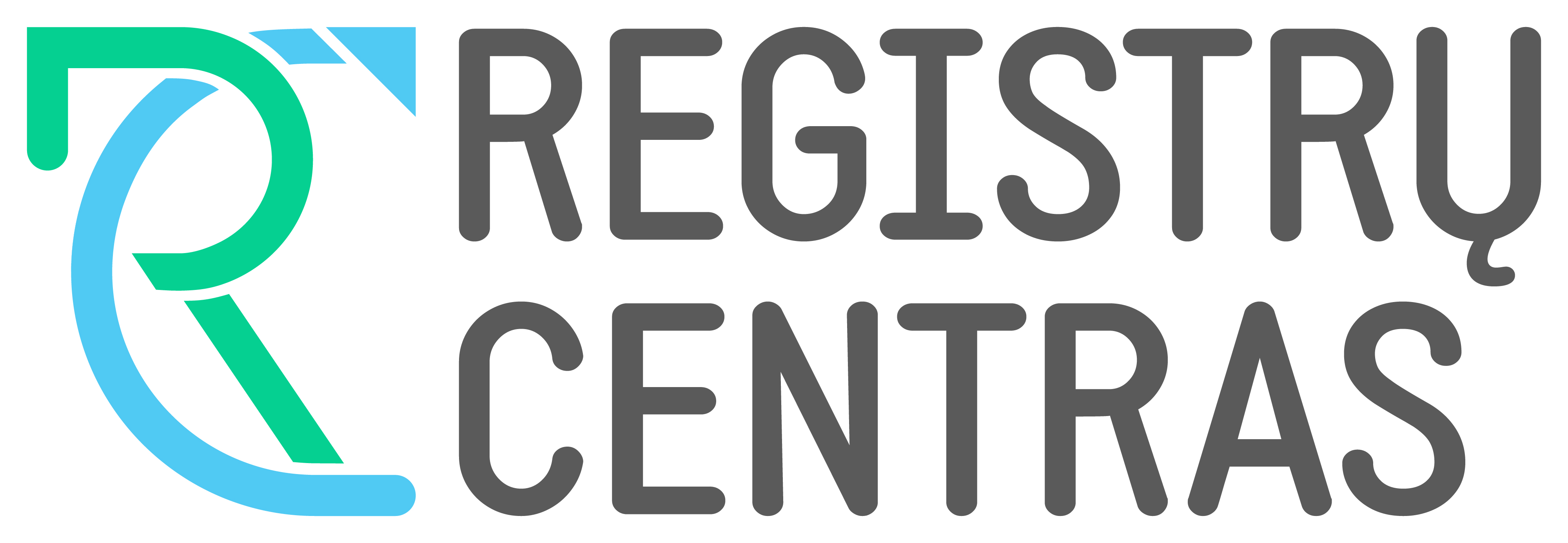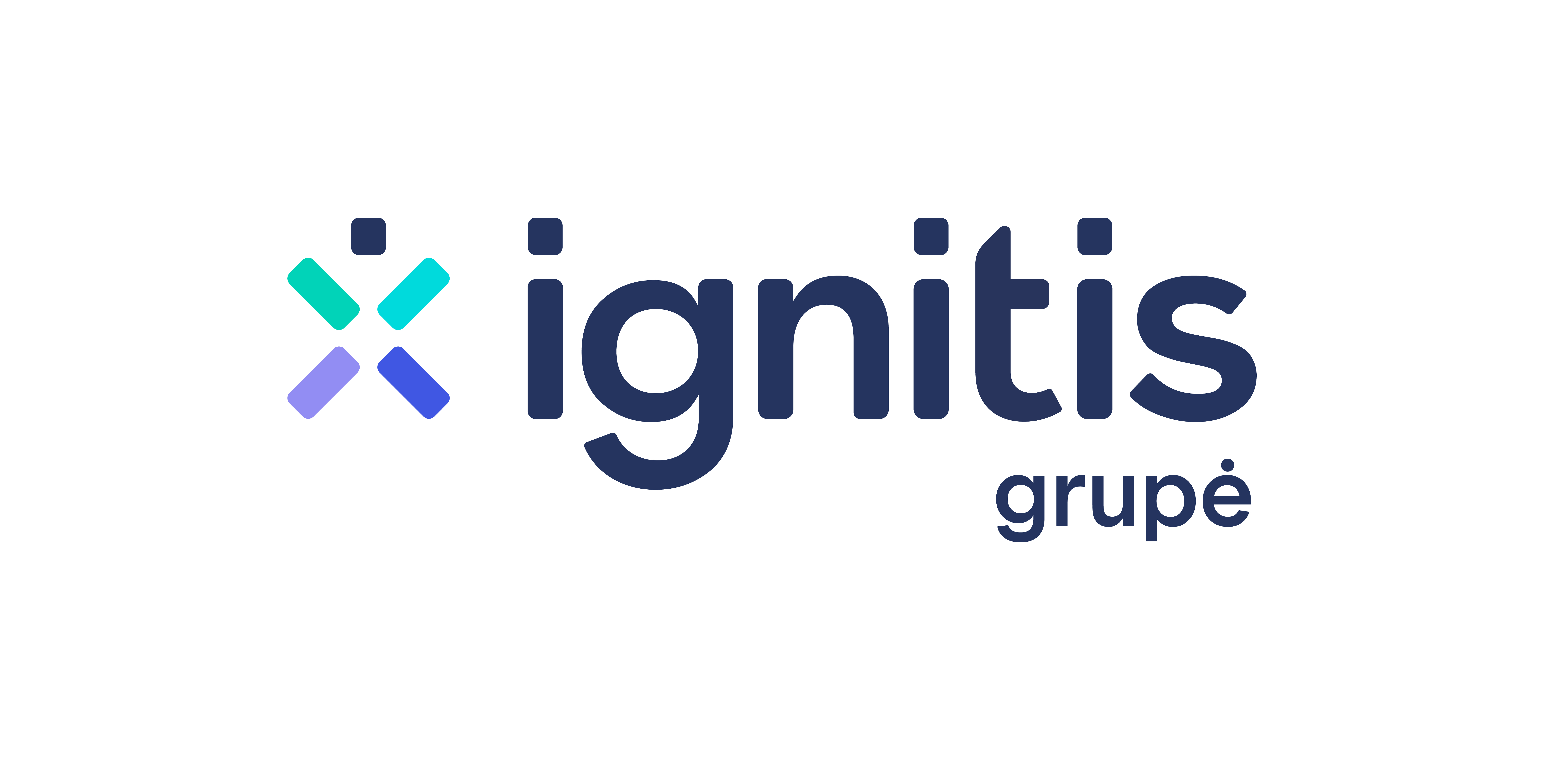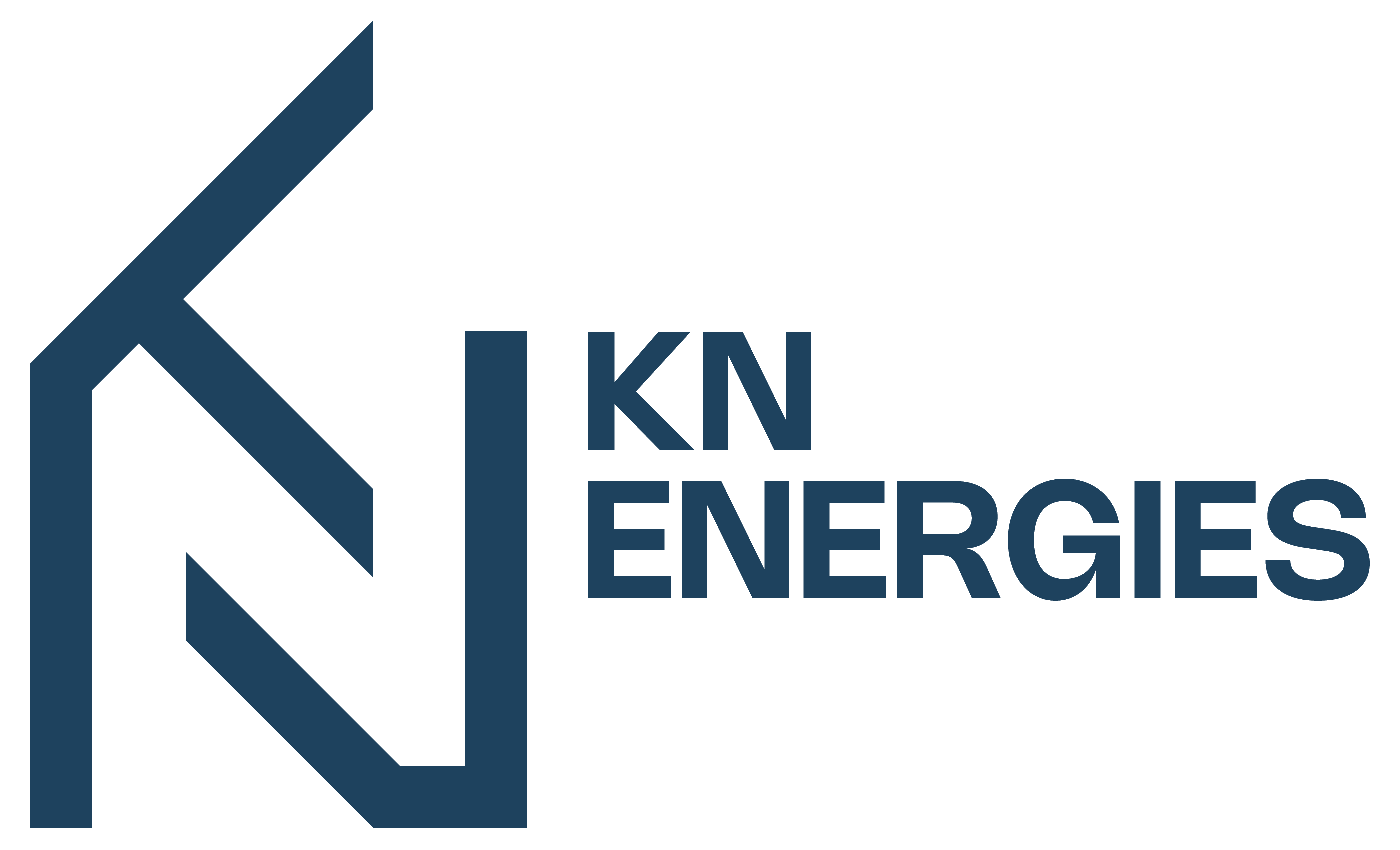The representatives of municipalities heard insights about expectations letters and disclosure of special obligations
The Governance Coordination Center (GCC), aiming to promote the strengthening of municipal responsibilities and the improvement of governance of municipal enterprises (MOEs) through the disclosure of expectation letters and special obligations, organized a special online seminar for representatives of municipal administrations. During this seminar, insights on this topic were shared by GCC project leaders Jurgita Bagdonienė and Simonas Lekys, as well as by the Chairwoman of the Internal Auditors Association, Rasa Kislovskienė.
As stated by GCC Director Vidas Danielius, municipalities and MOEs must pay sufficient attention to expectation letters and the disclosure of special obligations because this can help improve MOE governance.
“Through the expectation letter, the shareholder establishes the main areas of the company’s activities, defines functions and operations, strategic directions, and expected performance outcomes. And by properly disclosing special obligations, the commercial and non-commercial functions of companies are distinguished, profitability is assessed, expected returns are determined, the cost to the municipality of delegated functions is identified, and there is an opportunity to conduct an audit and assess the funding rationale,” notes V. Danielius.
During the seminar, GCC project leader Jurgita Bagdonienė elaborated to participants on the importance of expectation letters for municipalities and their controlled companies, emphasizing that in a dynamic environment, expectation letters should be updated regularly. According to her, in most situations, if a company does not know the shareholder’s expectations clearly, it is likely to encounter difficulties in formulating its strategic plan.
GCC project leader Simonas Lekys informed seminar participants about legal changes regarding special obligations and the benefits they could bring to companies and municipalities.
S. Lekys pointed out that municipalities are currently slow to adhere to recommendations for establishing and disclosing special obligations, as evidenced by a review of municipal websites by the GCC, which found that only five percent of municipalities publicly disclose their special obligations.
Furthermore, financial information regarding special obligations is not disclosed, falling behind the State Control plan to ensure the disclosure of MOEs special obligations by the end of 2025.
Discussing municipal special obligations and opportunities for governance improvement, Chairwoman of the Internal Auditors Association Rasa Kislovskienė emphasized that increasing competencies through sharing best practices costs nothing and that for effective internal control, the three-lines model is crucial: expectations for an effective internal control system and independent internal audit, appropriate responsibilities and authorities, and adequate competencies.
R. Kislovskienė also noted that Lithuanian citizens’ satisfaction with the public sector is below the OECD average and that increasing public trust in municipalities and satisfaction with public services can only be achieved through effective and transparent management of public finances.









